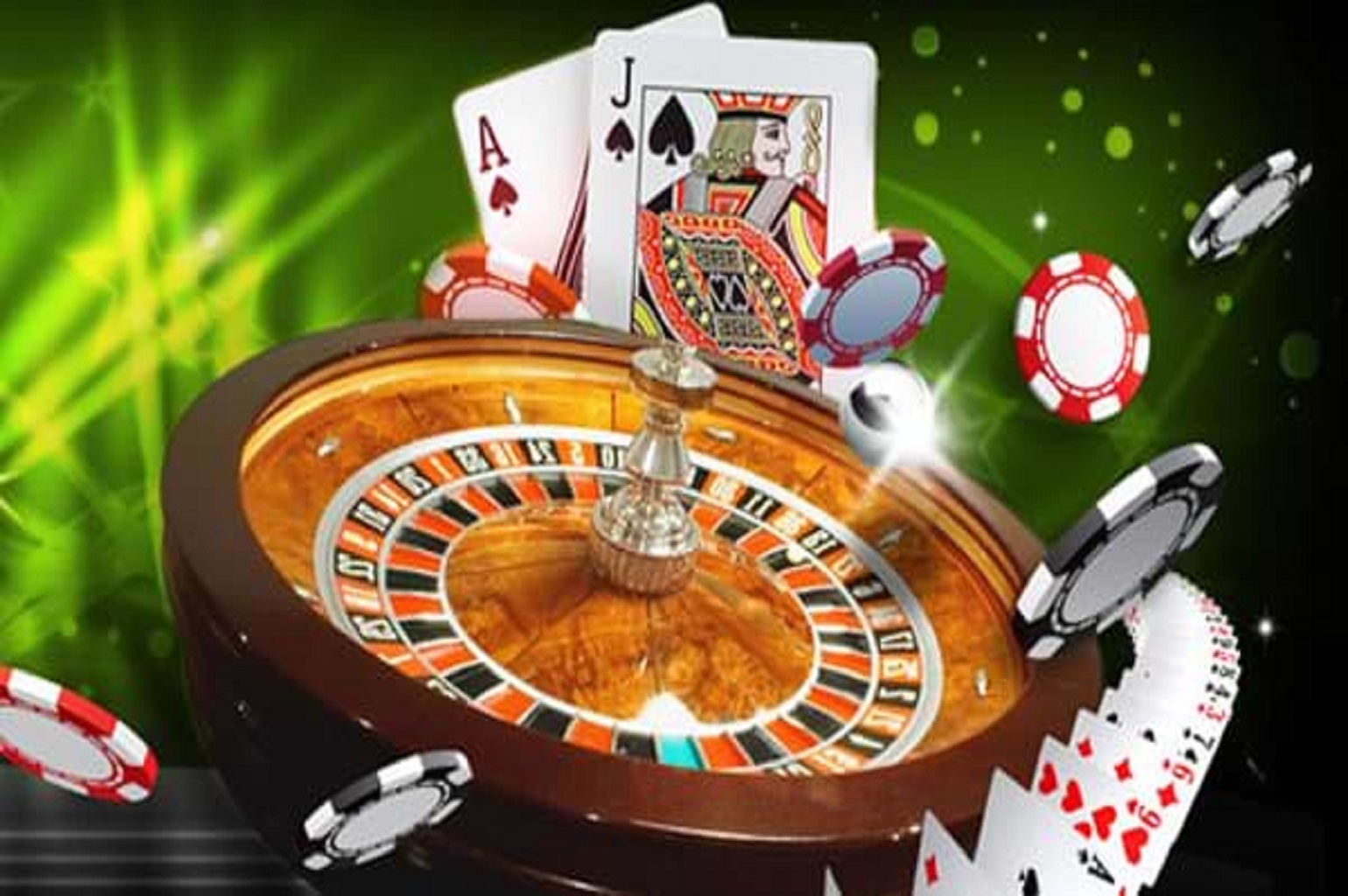The Link Between Casino Activities with Mathematical Concepts

Gambling games have captivated gamblers for ages, luring them into a world of excitement, luck, and prosperity. From the sparkling lights of gambling machines to the strategic intensity of poker games, these activities offer a distinct blend of fun and risk. However, underneath the facade of this glitz and finesse lies a intricate connection of math that determines every conclusion and decision made within the casino.
Grasping this link between casino games and mathematics not only improves the gambling experience but can also help players make wise choices. Whether you are a occasional punter or a avid enthusiast, recognizing the math concepts at play can offer important understandings into likelihood, probabilities, and tactics, finally shaping how one deals with these chance games.
Statistical Likelihood in Gambling
In the sphere of gambling activities, statistical likelihood plays a crucial role in determining results and guiding player decisions. Every game has a specific set of regulations and a specific probability model that shapes its dynamics. For instance, in activities like the roulette wheel, players must comprehend the probabilities of landing a specific number or shade. The probability of specific events occurring can be computed, and this understanding can greatly affect wagering tactics.
Players also need to be aware of the house edge, which is the mathematical benefit that casinos hold over gamblers in the long term. This advantage differs across various activities. In 21, skilled players can use tactics to minimize the casino advantage to as low as one percent, while in activities like slot machines, the casino advantage can be substantially larger. Comprehending the casino advantage allows players to make wise decisions about which games to play and how much to bet.
Additionally, probability is essential in the principle of risk versus gain in betting. Each bet carries a certain risk factor, and gamblers must consider the possible payout against that risk. Activities like poker require gamblers to not only assess the odds of their personal hand winning but also to evaluate the likelihoods of their opponents’ hands. By utilizing mathematical concepts to their strategy, players can boost their chances of winning and participate more effectively in the exciting realm of gambling games.
Anticipated Value in Gambling Games
When discussing casino games, one of the fundamental ideas rooted in math is the expected worth. This numerical metric helps players grasp the potential outcomes of their bets over time. In basic terms, expected value (EV) determines the mean amount a gambler can anticipate to win or lose per wager if they were to play the activity many times. Each game has its unique EV, influenced by the odds and the house edge, which signifies the benefit that the casino holds.
For instance, consider a activity like the roulette game. The expected value can be derived based on the particular wager placed. If a gambler bets on a single number, the payout is 35 to 1, but the true odds of success that wager are 1 in 37 (in European the roulette game). This results in a detrimental anticipated worth, showing that, on the whole, gamblers will incur a loss money over time when playing this type of bet. https://8ok.run/ Grasping this concept allows players to make more informed decisions about which games and bets may be less advantageous.
Furthermore, the investigation of expected worth can lead to better bankroll management. Players who understand the mathematics behind their games are often able to set realistic goals. By acknowledging their possible losses and gains, they can modify their gambling strategies appropriately, which may improve their overall gambling experience. As a result, anticipated worth serves as a crucial tool for both novice and experienced players to navigate the often volatile nature of gambling games.
Tactics and Probabilities: The Arithmetic Behind Success
In casino games, comprehending the probabilities is crucial for participants looking to maximize their likelihood of success. Each game has its own distinct set of chances that establish successful outcomes, and these numbers are often found in the rules of the game guidelines or reward charts. For instance, in games like 21, participants can boost their chances through strategies such as tracking cards, which depends on arithmetic concepts to gain an upper hand over the establishment. By educating themselves with the probabilities, participants can make more educated decisions on when to wager and when to quit.
Moreover, the concept of expected outcome has a critical function in gambling strategies. Average outcome determines the typical outcome of a stake over the long run, allowing participants to assess whether a particular wager is valuable taking. For example, slot machines have a fixed payback percentage, which can suggest the typical profit a gambler can look for on their stakes. By choosing games with greater average outcomes, players can lessen the casino edge, enhancing their future winnings in the future.
Finally, successful players often utilize a mix of chance and math strategy to improve their gaming experience. While luck can’t be controlled, managing a betting strategy based on math insights can lead to more favorable outcomes. By utilizing techniques such as budgeting and picking games, players can apply math to maneuver through the volatile nature of gaming, making the most of their time and investments at the gaming tables.